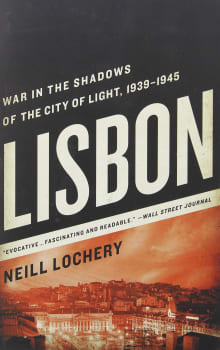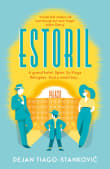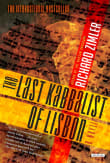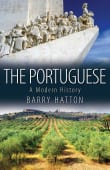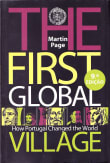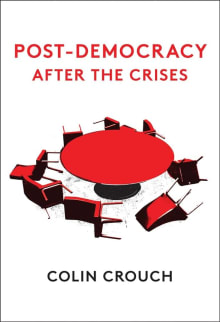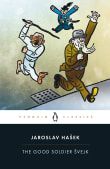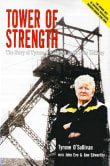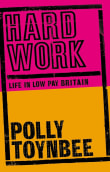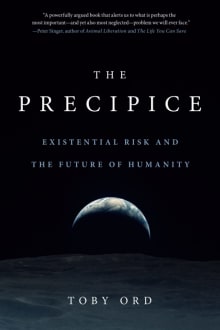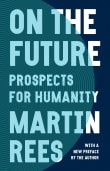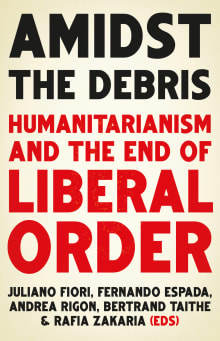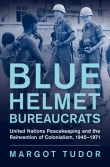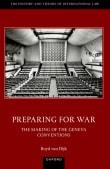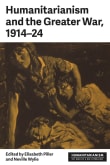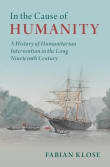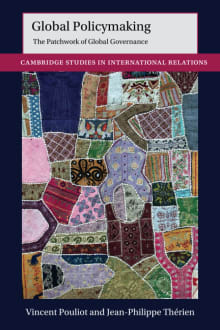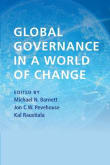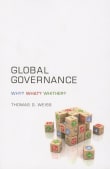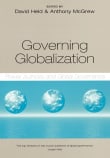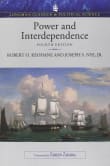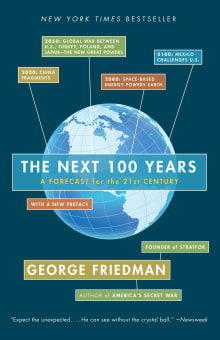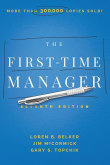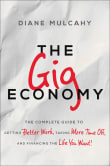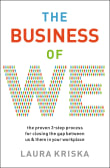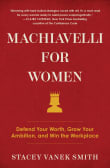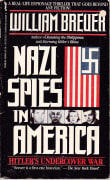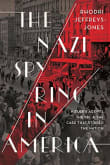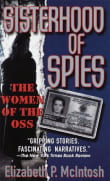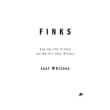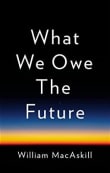Why am I passionate about this?
My interest in propaganda and neutrality was sparked by a study I conducted on British-Irish relations during the Second World War. I was fascinated by the role of press attaché John Betjeman and the way he navigated Irish censorship restrictions, making me question what propaganda was and what could be effective. I later expanded my research to consider British propaganda in other neutrals during the Second World War in A Battle for Neutral Europe; recently co-convened an international conference on propaganda and neutrality to bring together experts across the world. I am now working on a new book about British propaganda in neutral Turkey in the Second World War.
Edward's book list on neutral countries shaping the world in war times

Why did Edward love this book?
I think Maartje’s book has been transformational in the study of neutrality. As she rightly points out, the study of neutrals has been skewed by more modern ideas of neutrality being a passive concept. It shows that in the nineteenth century, it was held in ‘high regard’ in diplomacy and statecraft. She superbly describes how neutrality, far from being a sideshow outside of the main events, was at the center of political thinking and shaping of the period between the Vienna Congress and the First World War.
I like how Maartje shows that neutrality after the Napoleonic Wars was self-serving. States avoided conflicts that they did not need to enter, and overall, this prevented any conflicts that did arise (such as the Crimean War) from becoming wider European conflagrations. Some states, like Belgium, were ‘neutralized’ by the larger, more powerful states to avoid conflict, whereas other countries actively sought neutralization…
1 author picked An Age of Neutrals as one of their favorite books, and they share why you should read it.
An Age of Neutrals provides a pioneering history of neutrality in Europe and the wider world between the Congress of Vienna and the outbreak of the First World War. The 'long' nineteenth century (1815-1914) was an era of unprecedented industrialization, imperialism and globalization; one which witnessed Europe's economic and political hegemony across the world. Dr Maartje Abbenhuis explores the ways in which neutrality reinforced these interconnected developments. She argues that a passive conception of neutrality has thus far prevented historians from understanding the high regard with which neutrality, as a tool of diplomacy and statecraft and as a popular ideal…











